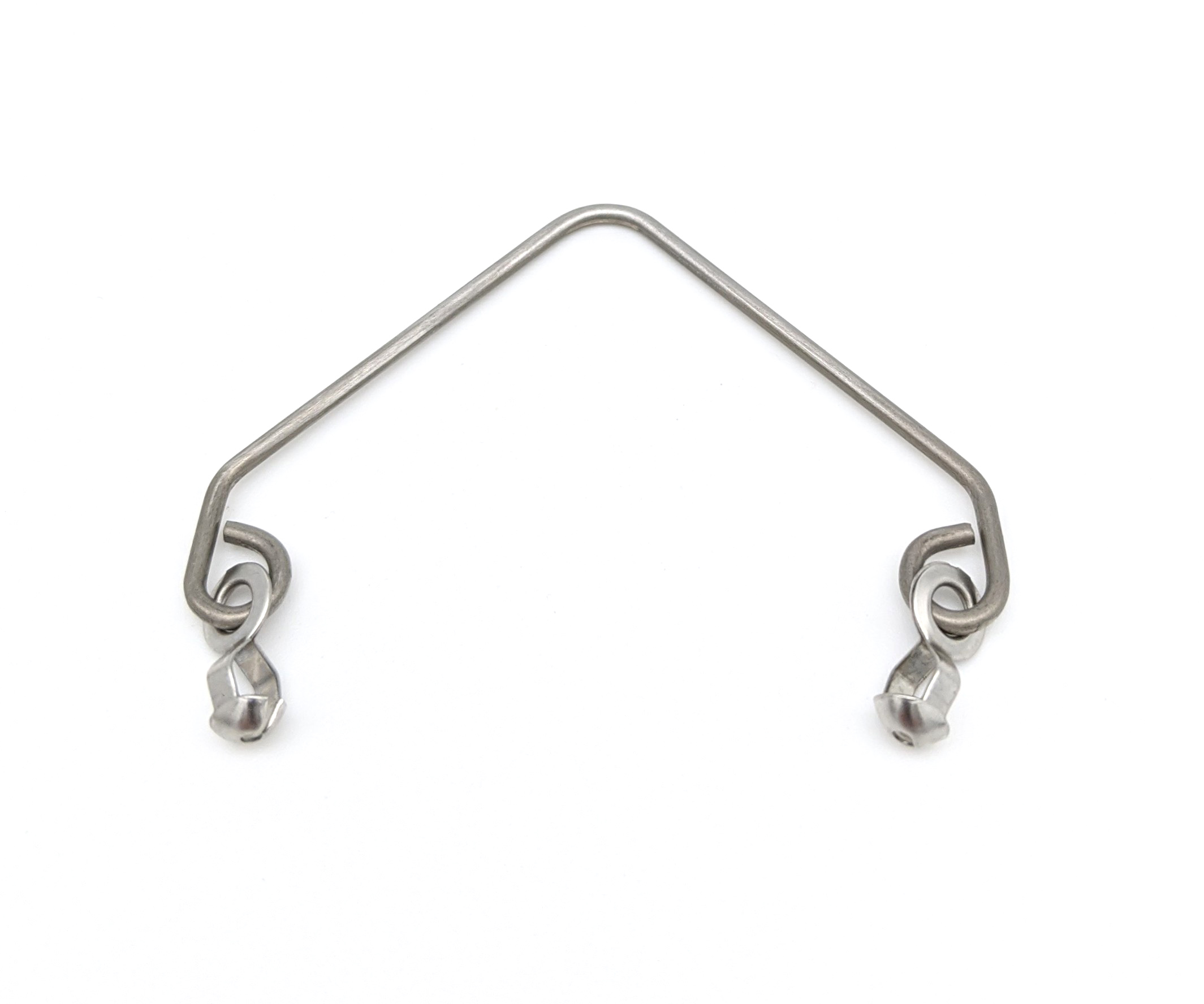Get unique, complex parts easily. No matter your requirements, Chaoyi Spring creates hard-to-produce coil springs and wire forms.
Let us help you create the custom wire form you need, from S-hooks and J-hooks to utility hooks and more.
We work closely with customers across a wide range of industries, helping them design and manufacture made-to-order parts.
Why choose Chaoyi Spring? We prioritize customer-focused collaboration, modern equipment and the latest technology to make your parts per print.
Find the information and guidance you need, from measuring a spring to learning about materials, placing an order and much more.
Torsion springs, those often overlooked marvels of engineering, are the unsung heroes of countless applications. They are the unseen force behind countless mechanical movements, from the gentle click of a


Torsion springs, those often overlooked marvels of engineering, are the unsung heroes of countless applications. They are the unseen force behind countless mechanical movements, from the gentle click of a door latch to the powerful twisting force of a garage door opener. Unlike their cousins, the compression and extension springs, torsion springs work by twisting, storing and releasing energy through rotation. Their simplicity belies the incredible versatility and strength they offer, making them indispensable components in various industries.

Torsion springs are a type of helical spring that works by storing and releasing energy through twisting or torsional force. They are typically made of a single piece of wire that is coiled into a helix, similar to a compression spring. However, unlike compression springs, which resist linear force, torsion springs resist the force of rotation. They are designed to generate a restoring torque when twisted, returning to their original position after the force is removed.
The magic of torsion springs lies in their design. When a force is applied to the spring, it twists, and the wire inside the spring experiences a shearing stress. The spring is designed to withstand this stress, storing the energy within its coil. This stored energy is then released when the applied force is removed, causing the spring to unwind and return to its original shape. The amount of force required to twist the spring, as well as the force it exerts when unwinding, is directly proportional to the spring's rate, which is measured in torque per angle.
Torsion springs come in a variety of shapes and sizes, each designed for a specific application. Some common types include:
The material used for torsion springs depends on the application and the required properties, such as stiffness, strength, and durability. Common materials include:
Torsion springs are used in a wide range of applications, from everyday objects to industrial machinery. Some common examples include:
Torsion springs offer several advantages over other types of springs, making them a popular choice for a wide range of applications. Some of their key advantages include:
Designing torsion springs involves considering various factors, including the required torque, the operating angle, the material, the spring rate, and the dimensions of the spring. It's often a complex process, and engineers utilize specialized software and formulas to ensure optimal design and performance.
Torsion springs, often overlooked but undeniably essential, are a vital component in various industries. Their simple but ingenious design allows them to perform crucial functions, ensuring the smooth operation of countless mechanical systems. From the delicate click of a door latch to the powerful force of a garage door opener, torsion springs play a critical role in our everyday lives, quietly and effectively serving their purpose.
While they might not be the flashiest component, torsion springs are a testament to the ingenuity and precision of engineering. Their remarkable strength, versatility, and reliability make them an indispensable element in our technological world, quietly powering the devices and systems that shape our lives. As we continue to innovate and push the boundaries of engineering, torsion springs will undoubtedly continue to play a vital role, serving as unsung heroes of countless applications.
Browse some of the custom wire forms and springs that we manufacture. Don’t see what you need? We specialize in made-to-order products that meet your application requirements.
Visit Our GalleryNeed a custom wire form or coil spring? We make it work. Fill out the contact form and a representative will respond within 1 business day. If you have a PDF or CAD file, you can submit to request a quote.